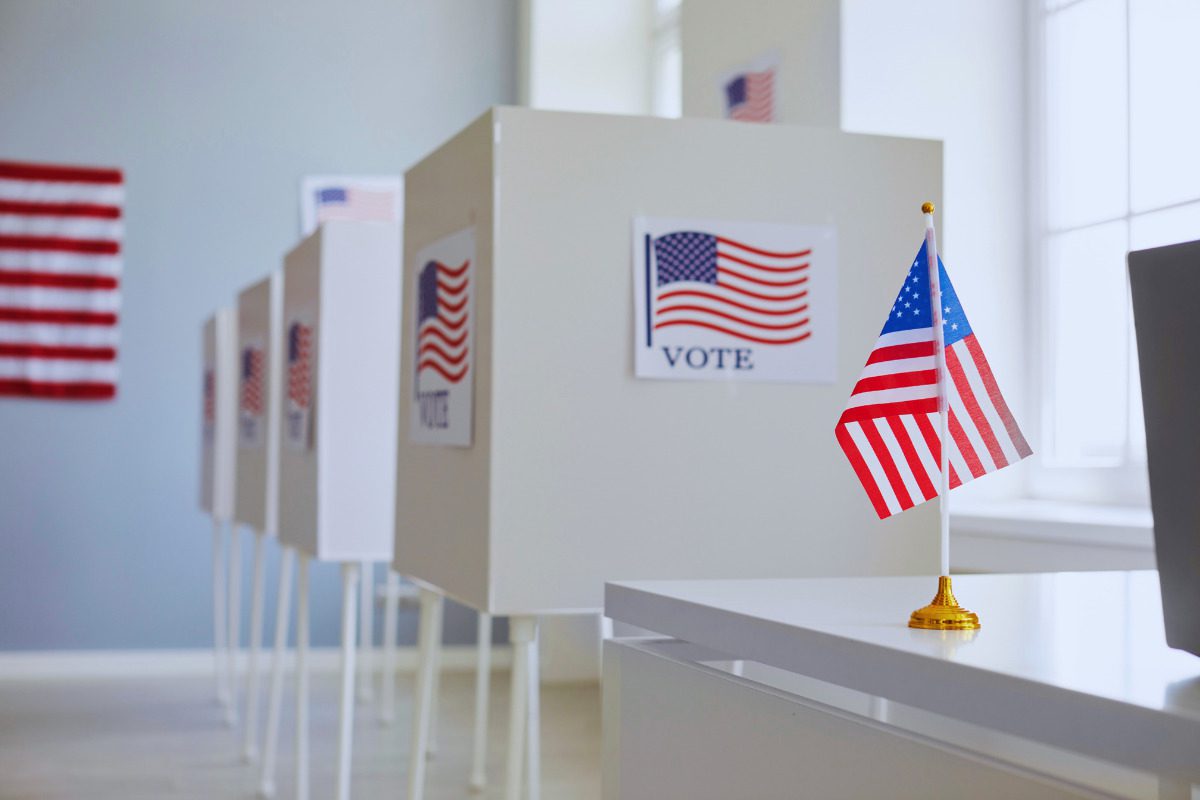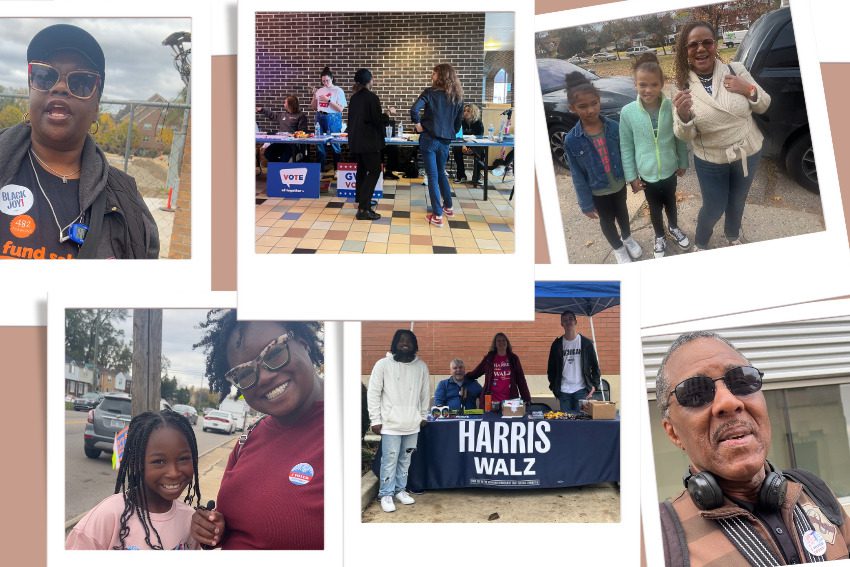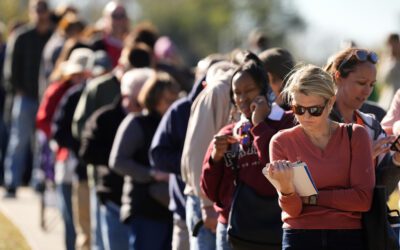
(Image via studioroman/Canva)
Poll workers play a critical role in the election process. Here’s how to get involved.
With new voting rights this election season—like early voting—The 2024 general election will require more poll workers than before. Becoming a Michigan poll worker is not only a great way to contribute to your community, but it’s also an opportunity to see the democratic process up close.
If you’ve ever been curious about becoming a poll worker, here’s how you can get involved.
What is a poll worker?
Poll workers are essential to the electoral process. They ensure elections are fair, accessible, and run smoothly. As a poll worker, you play a critical role in the election process. Your tasks include setting up polling stations, assisting voters, managing election equipment, and ensuring that voting in your precinct is in compliance with the law.
“Election workers are the feet on the ground in the precincts. They’re there when the voter walks in on election day to get a ballot. They’re the ones greeting them, looking them up to make sure they’re registered, and handling all that process. So it’s a really important role,” said Chris Swope, Lansing city clerk.
Requirements
To be a Michigan poll worker, you must meet a few basic requirements.
- Be a Michigan resident at least 16 years old (yes, even high school students can get involved!)
- Be a registered voter in Michigan if you’re 18 or older
- Have no felony or election crime convictions
- Be affiliated with a political party
Michigan Law requires poll workers to disclose their political affiliation. This ensures balanced staffing at poll stations.
“You do have to select a political party. There are certain roles that have to be done by a Democrat and a Republican together. So, if you’re a part of a different party, like the Green Party, Libertarian, or something along those lines, that might limit the roles that you can play in a precinct,” Swope said.
Individuals who are election challengers, candidates, immediate family members of candidates, or members of the local board of canvassers are ineligible to become poll workers.
If you meet all the basic requirements, here are the next steps to becoming a poll worker.
- Sign up: The first step to becoming a poll worker is expressing your interest. You can sign up online through the Michigan Secretary of State’s website, where you’ll find the “Democracy MVP Election Inspector Interest” form. Complete and submit this form to provide information to your local clerk’s office.
- Contact local clerk offices in your area: Contact your local clerks to ask about serving as a poll worker (you can find that info here), and submit an official application to increase your chances of being hired. The application can be made at any Michigan clerk’s office, not just the one where you live. However, each Michigan community hires its own inspectors, so you may need a new application for every office you contact.
- Wait to be contacted: Applying to be a poll worker is like applying for a job. Be patient and wait for a clerk to reach out to you with the next steps.
- Training: Once a clerk has reached out and hired you, you’ll receive information about training. Training is where you learn all the ins and outs of working at the polls, from setting up voting machines, to ensuring voters have the right materials.
Are you ready to vote? Make sure to check your voter registration status, see who’s on your ballot, and make a voting plan here.
Working the polls
On Election Day, you’ll arrive at your assigned polling location early in the morning. Your duties will vary, but you can expect to help set up the polling place, check in voters, manage ballots, and assist with any issues that arise.
Michigan poll workers are paid for their time. The exact amount of compensation depends on each county, city, and township, as pay differs among jurisdictions. Contact your local clerk’s office for information about how much you would receive.

What happens next? A timeline of the process between voting and inauguration
My fellow Americans, we have reached the other side. Months of debate, campaign ads, unsolicited text messages, canvassers at the door, and a news...

Presidential race too close to call as vote counts continue in key swing states
Results in Michigan, Pennsylvania, and Wisconsin may not come in until Wednesday morning, and Arizona and Nevada are unlikely to see calls made...

Early results: Democratic-backed candidates win both seats on Michigan Supreme Court
Preliminary election results show that Democratic-backed candidates Kyra Harris Bolden and Kimberly Ann Thomas have defeated their Republican-backed...

Reporter’s notebook: Here’s what the vibe was like at polling places across Michigan
Michiganders are showing up to elect the next president of the United States—and bringing the good vibes with them. MICHIGAN—Election Day is nearly...

On the eve of Election Day, Walz calls on Michigan voters to bring home a Harris presidency
BY KYLE DAVIDSON, MICHIGAN ADVANCE With the clock ticking down to Election Day, Michigan Democrats readied themselves for one last push as they...






